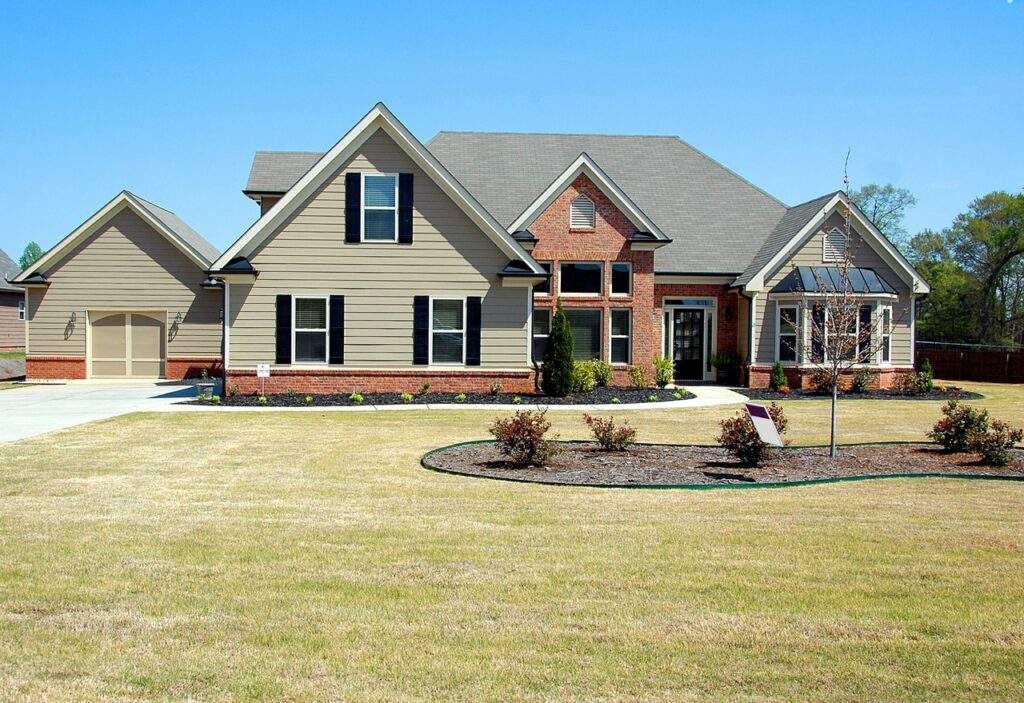
According to recent studies, new retirees are buying homes at a much higher rate than previous generations. If you’re among the growing number, this can be a great way to ensure that you have a place to live during your retirement years. However, you should know a few things before investing your retirement nest egg into real estate.
What is the retirement home buying trend?
The National Association of Realtors discovered that more and more Americans are buying homes in retirement. The study found that retirees made 27% of all home purchases in 2017, a significant increase from 22% in 2016.
Several reasons are driving this trend. Many retirees no longer want to maintain a large home, want to downsize, and are using home equity to finance their retirement lifestyle.
What are the Benefits of Buying a Home in Retirement?
There are many benefits to buying a home in retirement, with the most significant being your ability to grow your equity over time, increasing your net worth. You can also use the home as a tax deduction which is especially useful if you’re drawing from a traditional IRA instead of a Roth.
What are the challenges of buying a home in retirement?
One of the challenges of buying a home in retirement is that you may no longer have a steady income. This can make it difficult to qualify for a mortgage or afford a monthly mortgage payment, especially if you have other outstanding debts. Luckily, though, there are ways you can reduce your debt to become a more attractive candidate for a new mortgage. You’ll need to create a strategy for how to pay off debt fast with low income since you’ll most likely be on a fixed income, but it’s an achievable goal nonetheless.
Another challenge is that you may no longer have the time or energy to maintain a home. This can be a problem if you’re not able to find a home that is already in good condition so you need to decide whether it’s better to invest in a fixer-upper single-family unit or spend more on something more easily maintained like a condo or townhome.
If you do purchase a fixer-upper you’ll need to budget for home improvements. Even if you’re not planning on making any major changes, it’s likely that you’ll want to update the kitchen and bathroom at some point. Fortunately, there are home improvement loans available specifically for senior citizens.
How to plan for buying a home in retirement
Many people dream of owning their own home, but what about those who dream of owning their home in retirement? How do you plan for that? The first step is to save as much money as possible. You will need a down payment as well as money to cover closing costs. You should also have a plan for paying for the mortgage each month. One option is to budget an amount of your fixed income from retirement savings or Social Security, but you may also want to consider a reverse mortgage. This will allow you to use the equity in your home to pay for the mortgage.
Another thing to consider is what type of home you want to buy. If you are on a fixed income, you may want to buy a home already in good condition, so you don’t have to worry about repairs. However, this may limit your options, so, if you’re up for the challenge, you may want to consider a fixer-upper that you can renovate over time.
Whatever you decide, it’s essential to plan ahead and make sure you can afford your retirement home. Talk to a financial planner to create a budget and ensure you’re on track to achieve your goal.